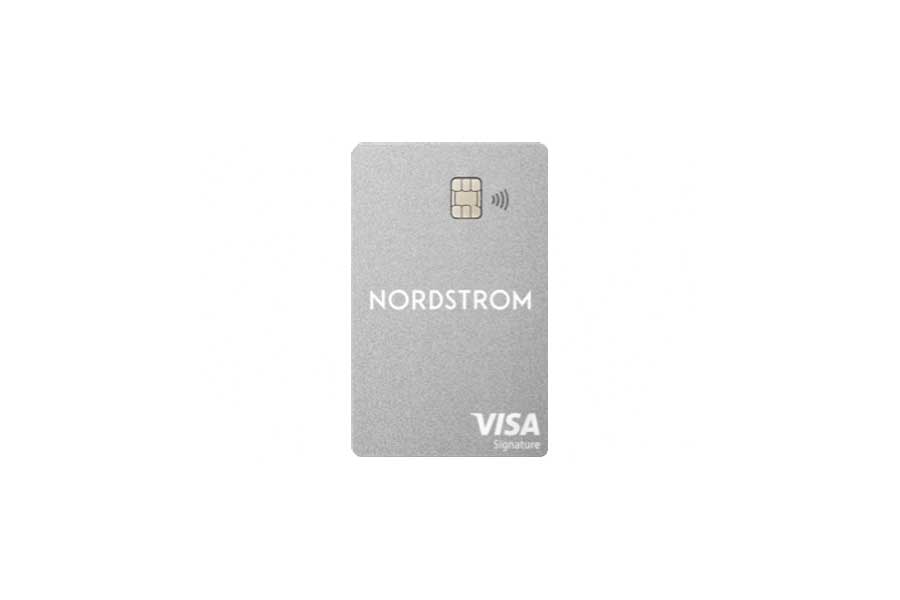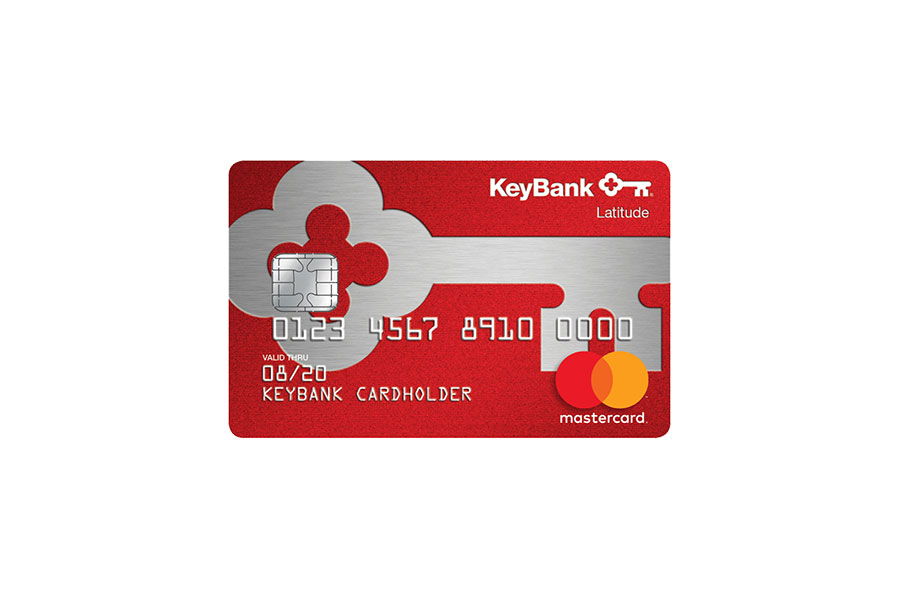Bad credit can make life harder—especially when you’re already stretching every dollar. It can raise your interest rates, block housing applications, and even hurt job prospects. But fixing your credit doesn’t have to cost you a dime.

Whether you’re dealing with late payments, collections, or just trying to build credit from scratch, this guide walks through the best free ways to take control of your credit—without paying a company to do it for you.
Key Takeaways
- Check your credit reports from Equifax, Experian, and TransUnion for free each year and monitor your credit score regularly to catch problems early.
- Dispute any errors on your credit report directly with the credit bureau and include documentation to help speed up the process.
- Work with a nonprofit credit counselor for free help with budgeting, managing debt, and negotiating with creditors.
How Credit Scores Work and Why They Matter
Your credit score is a three-digit number that shows how reliably you manage debt. It’s based on your credit report, which includes things like payment history, credit card balances, and loan accounts.
Lenders, landlords, and even some employers use your score to decide if they can trust you to pay on time. A higher score can lead to lower interest rates, better loan options, and more housing opportunities.
Your credit report is compiled by three major credit bureaus—Equifax, Experian, and TransUnion. It’s important to check it regularly. Mistakes like incorrect accounts or missed payments can drag your score down, so catching and fixing those errors early can make a big difference.
Free Credit Repair Steps That Actually Work
Improving your credit doesn’t have to cost a dime. With the right steps, and a little consistency, you can start rebuilding your credit score even on a tight budget. Here’s how.
Check Your Credit Reports and Scores for Free
Start by reviewing where you stand. You’re entitled to one free credit report each year from Equifax, Experian, and TransUnion at AnnualCreditReport.com. These reports show all your credit activity, including payment history, account balances, and potential red flags.
Many banks and credit card companies also offer free access to your credit score. Keeping an eye on it helps you track progress and spot problems before they get worse.
Fix Mistakes on Your Credit Report
Errors on your credit report can drag down your credit score. Common issues include accounts that don’t belong to you, incorrect balances, or outdated information.
If you find a mistake, file a dispute directly with the credit bureau. Include any documents that support your claim. They’re required to investigate within 30 days, and getting a correction can give your score a fast lift.
Negotiate With Creditors
If you’re behind on payments or overwhelmed by debt, try negotiating with your creditors. Many are willing to lower interest rates, waive fees, or even settle for a lump sum payment.
Ask about a debt management plan, or see if you can negotiate better terms directly. Creditors often prefer something over nothing—and any reduction in debt can help you start rebuilding.
Get Free Help From a Credit Counselor
Nonprofit credit counseling agencies offer free services that can help you get organized and stay on track. A certified counselor can walk you through your credit report, help you build a budget, and offer advice on dealing with debt.
In some cases, they can even work with your creditors to lower your payments or interest rates. These services can make a big difference—especially when you’re not sure where to start.
Become an Authorized User
If someone you trust has a credit card with a strong payment history and low balance, ask if they’ll add you as an authorized user. Their positive account activity can start showing up on your credit report—even if you never use the card.
This strategy works best when the primary cardholder pays on time and keeps balances low. Just make sure they’re responsible, since their mistakes can affect your score too.
Rebuild Credit With a Secured Credit Card
Once you’ve handled any past issues, it’s time to build positive credit. A secured credit card is one of the best tools for this. It works like a regular card, but you put down a cash deposit to get started.
Even though there’s an upfront cost, it’s often accessible to people with low income or bad credit. Use the card for small purchases and pay it off in full every month. That builds a positive payment history and keeps your credit utilization low—both key factors in raising your score.
See also: Best Secured Credit Cards of 2026
Credit Repair: DIY vs. Professional Services
You don’t need to pay anyone to fix your credit. Everything a credit repair company can do, you can do yourself for free.
DIY credit repair puts you in control. It takes time and effort, but it saves money and helps you understand how credit really works. You’ll need to review your reports, dispute errors, and work directly with creditors, but the tools are all available to you.
Professional services promise convenience, but they charge fees—and results aren’t guaranteed. Some offer free consultations, but those often lead to upsells. Worse, the industry has its share of scams and shady tactics.
If you do consider hiring help, research the company thoroughly and make sure they’re legitimate. But if you’re willing to put in the work, DIY credit repair is the safer, cheaper option.
Consumer Advice and Non-Profit Organizations
If you’re trying to repair your credit on a limited income, there are trusted resources that can help—at no cost to you. Government agencies and nonprofit groups offer free tools, counseling, and support to help you take control of your finances.
Government Resources for Credit Help
Agencies like the Federal Trade Commission (FTC) and the Consumer Financial Protection Bureau (CFPB) offer free guides on how credit works, how to dispute errors, and how to spot scams. They also provide resources for people dealing with bankruptcy, debt collectors, or identity theft.
These tools are reliable, easy to access, and designed to protect your rights as a consumer.
Non-Profit Credit Counseling Services
Nonprofit credit counseling agencies—such as the National Foundation for Credit Counseling—offer free or low-cost help to people struggling with debt. A certified counselor can review your financial situation, help you build a plan, and even negotiate with creditors if needed.
Many nonprofits also offer debt management plans (DMPs). With a DMP, the agency works with your creditors to reduce interest rates or monthly payments. You make a single payment to the agency, and they handle the rest.
These services won’t fix your credit overnight—but they can help you get organized, stay accountable, and start building better habits for the long run.
How to Maintain Good Credit for the Long Run
Fixing your credit is only half the battle. The real progress happens when you build habits that keep your score strong over time. Here’s how to stay on track.
Pay On Time, Every Time
Payment history is the biggest factor in your credit score. Set up autopay or reminders to avoid missed due dates. Even one late payment can do serious damage.
Keep Balances Low
Try to keep your credit card balances below 30% of your limit—lower is even better. This keeps your credit utilization in check, which plays a big role in your score.
Use a Budget That Works
A simple budget helps you stay in control of spending, pay down debt faster, and avoid falling behind. Focus on high-interest credit cards first and avoid taking on new debt unless absolutely necessary.
Stay Out of the Debt Trap
If you’re juggling multiple balances, consider a debt management plan through a nonprofit or look into debt consolidation. Either option can lower your payments and simplify your finances.
Final Thoughts
Bad credit can feel like a permanent setback, but it doesn’t have to be. With the right steps, you can take control of your finances and start rebuilding—without paying for expensive services.
Free tools like credit reports, nonprofit counseling, and budgeting support can help you make real progress. The key is consistency. Small changes, like paying on time and keeping balances low, add up over time.
Stick with it. Credit repair doesn’t happen overnight, but every smart decision you make moves you closer to financial stability—and that’s worth the effort.




